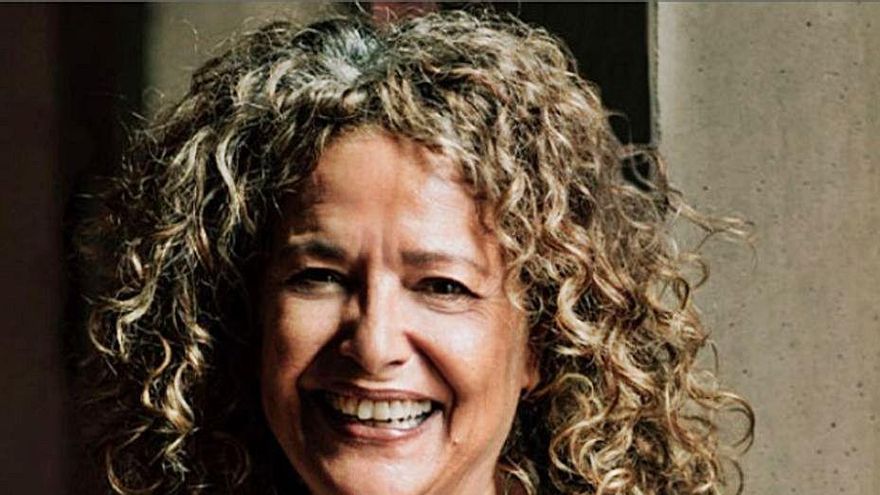
Currently, two million square meters of the municipality are occupied by the Environmental Complex, with the prospect of increasing that area. It has four cells, the container classification plant and the All-in-One. “Just as Adeje has control over its tourist, commercial and other activities, Arico is sold in political and economic terms, because it cannot do anything”, The also deputy director of the CajaCanarias-Ashotel Tourism Chair of the ULL exhibits.
«The Cabildo has been delegated municipal authority for 30 years and what it does is walk the garbage around the Island to the Arico landfill and bury 90% of that waste there. Another conclusion of the work carried out so far that leads him to affirm that “organic matter is buried that could be composted.” This is a problem that adds to the fact that the composting plant installed in the landfill does not comply with current regulations regarding the treatment of waste for sale as compost. “In addition to not being able to market it as compost, its production is negligible compared to what it should be doing.”
With this outlook, Noemí Padrón draws attention to the fact that Cabildo and city councils “do not agree” on “where and how the new composting plants should go.” That happens, he warns, when before 2025 “he must turn it around” to comply with what the European Union establishes.
In the case of leachates, «it is assumed that in the last cells they are collected automatically, that they are treated in the water plant and used for irrigation and to avoid dust from the plant, but it is unknown how much is recovered and recycles that leachate », reflects the professor of Applied Economics at the ULL.
Noemí Padrón advocates “the preparation of a study that assesses the economic, social and environmental impact that has the landfill in Arico. It is the first thing the Cabildo should do ». A document that was never addressed and that seems appropriate at the time when work is being done to expand the land of the Environmental Complex. “The dumping cells are clogged.” Along these lines, he calls for “a very ambitious and short-term strategic plan to start recovering organic matter and to build composting plants.”
At nine o’clock this morning a meeting is scheduled between the Council and the Arico City Council to try to unblock the renewal of the agreement due to the diseconomies generated by the landfill, a claim from the municipality that the island government rejects. Apart from the current one, for which the City Council receives 730,000 euros per year, an amount “that cannot be considered a subsidy”, as stated in the agreement signed on October 13, 2020.















